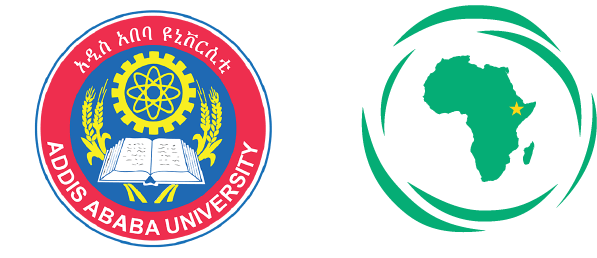‘Covid-19 Two Years On: Consequences and Lessons Learned’ CDT-Africa published a special issue on the Ethiopian Medical Journal 2022 (October 2022 volume 60 supplement I), which is also available online (https://emjema.org/ index.php/EMJ/issue/view/64). The printed copies were launched on December 30, at the Ras Makonnen Hall of the Addis Ababa University.
The published papers tested mHealth based national clinical surveillance on the spread of covid-19, adherence to control measures and vaccine hesitancy. The regional pattern of the pandemic and its economic impact in Ethiopia were also evaluated. The issue was forward looking and made explicit recommendations on preventing and controlling future pandemics. Establishing world-class knowledge translation units and medical discovery capabilities; harnessing innovations and partnerships; building dependable higher education & research institutes were considered the key foundations to a healthy, secure & prosperous Africa capable of tackling future pandemics.
During the launching ceremony, Dr. Andualem Deneke, Chief Executive Director of the College of Health Sciences (CHS) highlighted the major role the College played in the control of Covid -19 pandemic. This included implementation of structures, protocols, availing its scientists to support guideline development and engagement in the national response.
In his keynote speech, Professor Tassew W/Hanna, AAU President noted how tremendously the COVID-19 epidemic challenged the nation. He also noted the commendable work of the Ethiopian government in controlling the epidemic. The Ministry of Health led from the front putting into use the extensive diaspora network and effective communication strategy. He highlighted that the university was part of a big network of researchers that advocated for Africa not to be left behind when drugs and vaccines were developed. This had direct relevance to ensuring access to vaccines to Ethiopia and the rest of Africa when vaccines became available.
He stated AAU has also made substantial contributions to the understanding of the pandemic, and control efforts through direct interventions, research and innovation. CDTAfrica, one of the centers of excellence of AAU, has been part of this effort. The Centre has worked to inform and fight infodemic; worked directly with responsible authorities to support policy and guideline development; and continues to be engaged in research and innovation.
CDT-Africa Centre Leader, Professor Abebaw Fekadu noted that Covid-19 was one of the major pandemics of the past 100 years. He appreciated the role of leadership from national to ministerial level which was consistent, coordinated, and decisive. He also noted the remarkable job the health care providers have done in dealing with the pandemic. One of the key puzzles still remaining is how to avoid or control another pandemic without the disruption or impact that was caused by Covid-19. He noted how important it was to reflect carefully at this juncture on the key lessons of the pandemic for preventing a similar or worse pandemic.
He pointed out four fundamental lessons to be drawn: (1) The need for capable and empowered national/regional knowledge translation centers to synthesize and translate rapidly evolving evidence during pandemics to inform policy and practice. (2) Importance of harnessing the power of global partnerships: Pandemics, as shown during COVID-19, attract global partnerships. Thus, mechanisms should be devised to use partnerships to control or mitigate consequences of pandemics. (3) Urgency of improving the innovation ecosystem drastically: The unprecedented drive for innovations during pandemics requires flexible and robust systems to absorb them. (4) Need for producing critical medical supplies within country: The extreme dependence of Africa on imports constituted an existential threat for Africa and must be addressed as a priority. Various important questions were raised from institution leaders and the media that attended the launch event.

